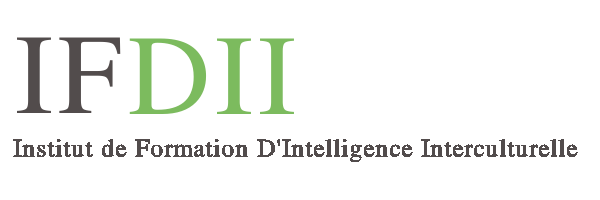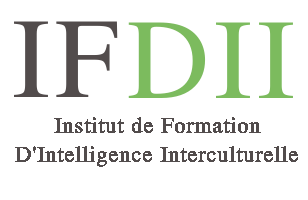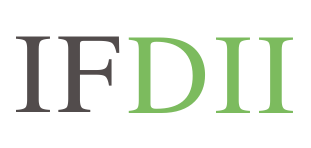Objectives
After completing this workshop, participants acquire key intercultural skills that enable them to:
Contribute to greater professional harmony between different departments of the same corporation or institution;
Increase the efficiency of corporate internal management or interministerial, interinstitutional collaboration (EU, OECD, NATO, UN, WHO, etc.);
Enhance the capacity of allied armies and other security forces to work together more efficiently;
Allow different army corps to better harmonize their intra-army cooperation.
Optimize on-site civilian-military collaboration in various theaters of operation;
Who Should Attend:
Anyone dealing with a pluriprofessional arena. This includes:
Different departments in the same company, pluriprofessional teams;
Startups;
Executive and Assistant executives of ministries, of international institutions;
Militaries and other security forces who received different training and background in their respective countries of origin and engage in international cooperation work;
All players involved in civilian-military cooperation;
Non governmental organizations.
Pedagogical content:
Pre-training: participants write a short text (3 paragraphs) in which they summarize their problem situations, guided by the questions discussed in the preparatory phone conversation.
Program of the training day:
A: Identify who is at play – Me and You
We are multiple selves. Understanding this plural I.
Who are we speaking to? Facing the 6 different audiences.
B: Speaking overtly and covertly – strategies of clarity and ambiguity
The message and the meaning.
The rules of clear conversation and the choice of ambiguity.
Hearing the other’s message, between the lines, to bypass censorship.
Sharing terminologies between professional worlds that are required to work together.
Participants are given examples from the Manual for Speaking Overtly and Covertly©.
C: Our cognitive system – understanding each other faster
How does our brain generate meaning?
Why are peoples’ modes of functioning and thinking (mental schemata) so different.
How to create intercultural bridges between different decision-making processes.
How to find a common ground.
D: Cultures and tools of intercultural intelligence
All similar and all different, perceiving differences: causes and consequences. Gender, cultural, and national differences.
Decyphering the other: cultural values, attitudes or preferences.
Increasing everyone’s interoperability.
E: A Protocol of Intercultural Intelligence Questioning
What is the other’s identity made of ?
Resorting to the Protocol for Intercultural Questioning (PROFICQ©) becomes a habit.
F: Session of your choosing: Either “People without frontiers”, “Women and freedom of speech”, “Laughter, a tool of negotiation” or “Silence and well-being”.
After the training day: we remain in contact for follow-up and feedback.
Prerequisites: there are no required pre-conditions to attend this workshop.
Moderator profile: This training is moderated by intercultural intelligence expert Claudine Korall, President of IFDII. Other experts may occasionally be invited to present a session as part of the program, as necessary.
Pedagogical methods: this intercultural intelligence training is based on real-life examples and easily understood and integrated know-how, so as to provide the solutions sought for by participants. The knowledge is derived from various areas such as communication, multicultural management, anthropology (sociology and the study of civilizations) and cognitive sciences. Teaching varies and is adapted to the audience. Workshops are interactive, dynamic, and clearly transmitted.
How is “Optimizing inter-professional cooperation” different from our other workshops :
All of our trainings carry the basics of intercultural intelligence; this particular workshop focuses on understanding different organizational cultures and procedures; what do I do, and what does the other do. By seeing and understanding these differences we can more easily find a bridge between them. (These areas are derived from sociology and cognitive sciences).
Follow-up and evaluation: to ensure a personal follow-up, IFDII evaluates your achievements during and at the end of the workshop. Evaluation is carried out through practical exercises, case studies, or quizzing/interactive assessments.
Participants’ evaluation of the workshop: each participant is asked to fill and return a feedback and an evaluation sheet.




